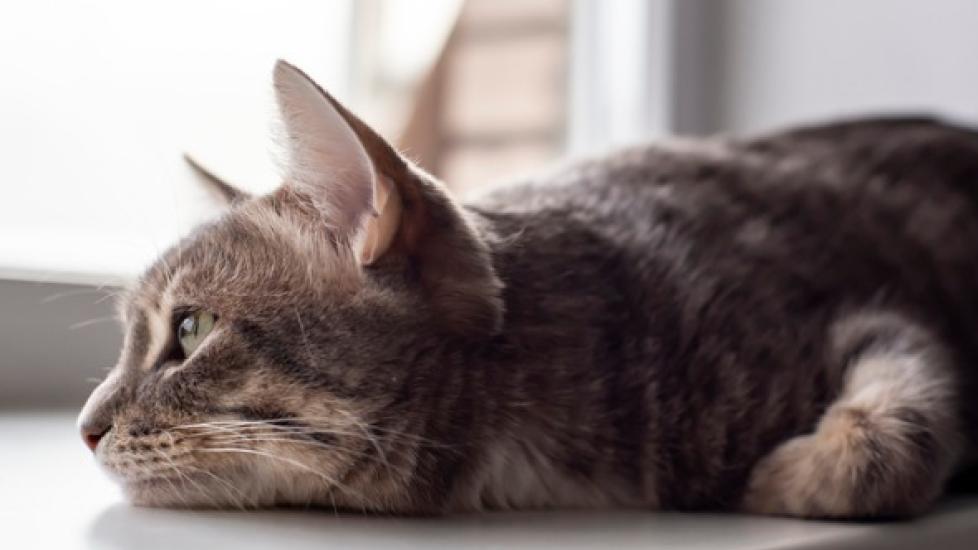 Understanding the Basics of Feline Digestion
Understanding the Basics of Feline Digestion
Cats are meticulous creatures, known for their fastidious grooming habits. However, when it comes to their digestive health, they can sometimes be less than forthcoming with symptoms that may indicate a problem. One such symptom is diarrhea, which can range from mild and inconvenient to severe and potentially life-threatening if left untreated. Understanding what causes cat diarrhea is crucial in providing your feline friend with proper care and treatment.
Common Causes of Cat Diarrhea
Diarrhea in cats can have various origins, ranging from dietary indiscretions to more serious underlying conditions. Here are some of the most common reasons why your cat might experience loose stools:
- Dietary Changes: Cats can be sensitive to sudden changes in food or ingredients. This sensitivity can lead to gastrointestinal upset and diarrhea.
- Parasites: Internal parasites like roundworms, hookworms, tapeworms, and giardia can cause irritation within the intestines, leading to diarrhea as one of their primary manifestations.
- Inflammatory Bowel Disease (IBD): A chronic condition characterized by inflammation of the stomach and small intestine’s walls, IBD can result in persistent or recurring diarrhea.
- Intestinal Infections: Bacterial infections such as Salmonella or Campylobacter, as well as viral infections like panleukopenia, can trigger diarrhea in cats.
- Liver or Kidney Diseases: These organ failures can indirectly affect digestion through metabolic disturbances, contributing to diarrhea.
- Pancreatitis: An inflammatory disease affecting the pancreas, pancreatitis disrupts the production of enzymes needed for digestion, often resulting in diarrhea.
- Neoplasia: Tumors or cancers in the digestive tract can interfere with normal absorption processes, causing frequent bowel movements and watery stool consistency.
Recognizing Signs of Cat Diarrhea
Besides actual fecal consistency, other signs to look out for include increased frequency of defecation, straining during elimination, loss of appetite, lethargy, and weight loss. If these symptoms persist or worsen, immediate veterinary attention is necessary.
Treatment Options
The treatment approach will depend on the underlying cause identified after diagnostic tests. Your veterinarian may recommend any combination of the following:
- Antibiotics or antiparasitic medications to eliminate bacterial or parasitic infections.
- Dietary modifications to address food sensitivities or allergies.
- Medications to manage inflammation associated with IBD or pancreatitis.
- Fluid therapy to correct dehydration caused by excessive fluid loss due to diarrhea.
- Nutritional supplements to support gut healing and immune function.
It’s important to note that self-medicating your pet without consulting a vet can be dangerous. Always seek professional advice before giving your cat any medication or making significant diet alterations.
Prevention Strategies
To maintain good digestive health in your cat and reduce the risk of diarrhea, consider these preventive measures:
- Feed high-quality commercial foods or prepare meals under guidance from a veterinary nutritionist.
- Avoid feeding table scraps that could disrupt your cat’s delicate digestive balance.
- Keep regular deworming schedules recommended by your vet.
- Ensure your cat has access to fresh drinking water at all times.
- Regularly visit the vet for check-ups and early detection of potential issues.
Conclusion
Cat diarrhea can signal a variety of problems, both minor and major. By understanding its causes and recognizing the importance of prompt action, you can help ensure your beloved companion remains happy and healthy. Remember, prevention is key, but should an episode occur, consult with your veterinarian immediately for accurate diagnosis and effective treatment options tailored specifically for your feline’s needs.
